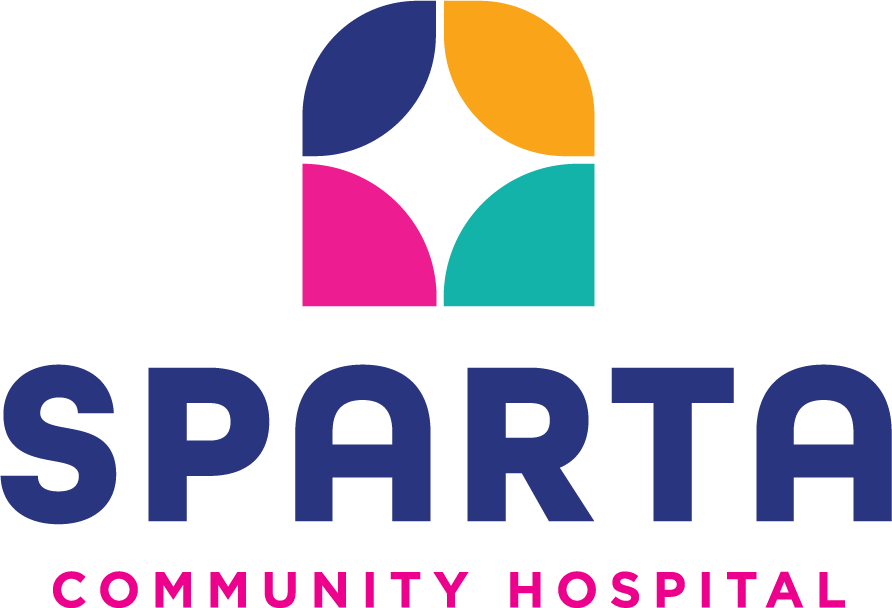
Click here to download and print the Advance Directives brochure >>
Taking Charge of Your Life
What is an Advance Directive?
“Advance Directive” means a written instruction, such as a living will or durable power of attorney for health care recognized under state law, relating to the provision of health care when the individual is incapacitated.
“Living Will” is a document that contains your specific wishes about health care that would only delay your death.
“Practitioner Orders for Life Sustaining Treatment” (POLST) is a signed provider’s order indicating the results of a discussion between the patient, family or legal representative to document what life-saving measures the patient wants or does not want. It is honored by hospitals, EMS, and nursing homes.
“Durable Power of Attorney for Health Care” is a document that identifies who you want to be your agent, to make health care decisions for you when you are not able to make them for yourself.
Illinois State Law
No one can predict when a serious illness or accident might occur. When it does, you may need someone else to speak or make health care decisions for you. If you plan now, you can increase the chance that the medical treatment you get will be the treatment you want.
In Illinois, you can choose someone to be your “health care agent”. Your agent is the person you trust to make the health care decisions for you if you are unable or do not want to make them yourself. These decisions should be based on your personal values and wishes.
While the goal is for your agent to make decisions in keeping with your preferences and in the majority of circumstances, that is what happens, know that the law does allow your agent to make decisions to direct or refuse health care interventions or withdraw treatment. Your agent will need to think about conversations you have had about life supporting treatment, and how you handled important health care issues in the past.
Why Choose a Health Care Agent?
If you become unable to make your own health care decisions and have not named an agent, your health care provider will ask a family member or guardian to make decisions for you. In Illinois, the law directs which individuals will be consulted and identifies those individuals as “surrogates”. The surrogate listed by law may not be the one you want to make decisions about your care or may not be able to make the decisions you would want.
Your Health Care Agent has the authority to:
A. Talk with your physicians about your care,
B. See medical records and approve who can see them,
C. Give permission for medical tests, medicines, surgery, or other treatments,
D. Choose where you receive care and which physicians to provide the care,
E. Decide to accept, withdraw, or decline treatment designed to keep you alive if you are not likely to recover, and
F. Agree or decline to donate your organs or whole body for research.
Who can be a Health Care Agent?
Your agent can be a family member, friend, or other person you can trust to make decisions about your care. The only requirements are that the person has to be at least 18 years old and is comfortable talking with your healthcare providers and making decisions about your treatment. Successor agents may also be named to serve as back-up agents if your first choice is not available.
How are Advance Directives used?
Health care facilities ask patients if they have an advance directive and if so, what is included in the directive and if they have named a health care agent. The facility will request a copy of the directive and keep it on file at the facility. Medical providers will use the information to determine what interventions are appropriate for the treatment plan. If the facility is not able to honor the directive, arrangements will be made to transfer the patient to another facility that is able to provide that care.
For More Information Contact:
Danielle Liefer, Case Manager/ Discharge Planner
618-443-2177 Ext. 1409

